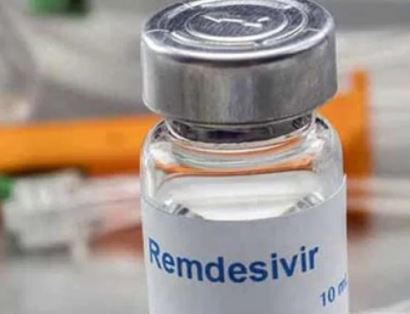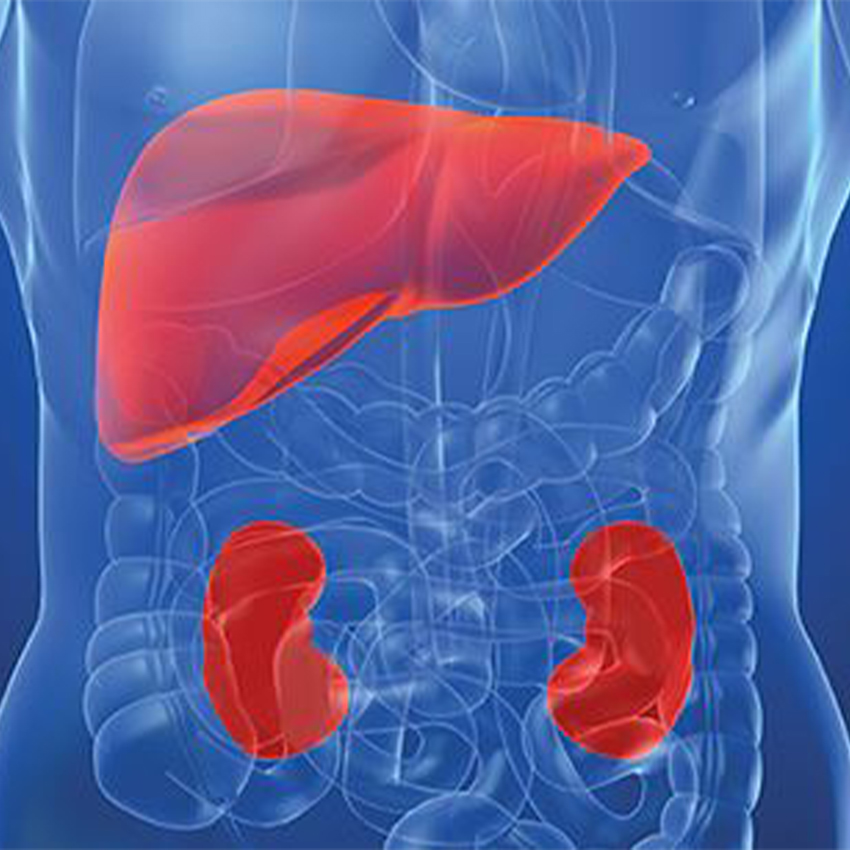Here’s the recommended treatment from Front Line Doctors.
Although Omicron is mild and similar to a common cold or a mild flu, it can often lead to pneumonia. Pneumonia, if not treated with antibiotics is often lethal. Yet, it appears that our local hospital policies do not treat unvaccinated patients with antibiotics to cure pneumonia. Many other drugs are prescribed instead including those that suppress the immune system. As a result, we’ve witnessed firsthand loved ones who needlessly died of pneumonia and are counted as Covid deaths.
If admitted to the hospital, patients are presented with forms that make it virtually impossible to receive treatment that Front Line Doctors prescribe as essential. The hospital forms, once signed, also make it very difficult to be transferred to another care giver that can provide life saving antibiotics and other essential medications. Patients cell phones often die as they don’t get charged. Patients also often lose cognitive abilities “called Covid Brain” due to the medications.
What can be done? Patients and loved ones can learn if antibiotics will be provided for pneumonia when considering checking into a hospital. Loved ones can also choose what they agree to before they sign hospital forms that waive their rights. Lines on the form can be struck out and you can add your own wording that protects your right to check out to another care giver if you choose. You can provide your own prepared forms to ensure that you are fully informed and in the approval loop, have access to your loved one’s MyChart records, and are able to help and intervene if needed.
These brief highlights from the 5 hour long hearing of world renowned doctors convened by U.S. Senator Ron Johnson contrast the right and wrong Covid treatments.
Lest we forget, the info on this site serves as a historical record that contrasts life and death consequences.
Should we give CPR because it might save a life? Or should we withhold CPR because it might not work? Should we insist that there is no Covid-19 treatment? Or should we encourage every reasonable measure that a doctor believes can save a life? Medical providers in our own community include both choices:
That is the dilemma. This site equips you with that second choice.
Compassionate treatment is founded on The Physician's Pledge.
"I solemnly pledge to dedicate my life to the service of humanity. The health and well-being of my patient will be my first consideration."
Our local hospitals and most local medical providers follow the Center for Disease Control (CDC) guidelines that say there is no treatment. You are sent home to see if you can recover on our own without help. There is no follow up. No phone calls asking how you're doing. Without treatment, the disease can advance unchecked to severely damage your lungs until you are left gasping for breath.
You can then be admitted to the hospital and then into the ICU and then on to a ventilator. Once admitted, no visitors are allowed except to pull the plug for end of life. Hospitals in other states compassionately nurse their patients back to health, welcome visitors by their side, and carefully wean them off the ventilator over a period of many weeks if needed. But our local hospitals give you about a week on a ventilator and then invite loved ones to pull the plug, resulting in death.
Hospital bills can run several thousand dollars for an emergency room visit that sends you home with no treatment. If admitted, expect the bill to cost hundreds of thousands.
The CDC's no-treatment policy followed by our local hospitals does not allow existing drugs (including Hydroxychloroquine and Ivermectin) to be repurposed to fight Covid. Only experimental drugs, primarily Remdesivir (Veklury) are allowed.
"The World Health Organization recommends against the use of remdesivir, regardless of disease severity, as there is currently no evidence that remdesivir improves survival and other outcomes in these patients."
Our hospitals administer the investigational drug under an Emergency Use Authorization only if they continuously monitor and discontinue it if they detect liver or kidney damage.
Cost per dose: $3,100.00

The National Institutes of Health (NIH) lists these most common side effects for Remdesivir: Cardiac arrest, multiple organ failure, respiratory failure, septic shock [the final, most severe form of sepsis].
The NIH reports: "Our findings, based on postmarketing real-life data from >5000 COVID-19 patients, support that kidney disorders, almost exclusively AKI, represent a serious, early, and potentially fatal adverse drug reaction of remdesivir."
The manufacturer’s fact sheet lists the most common adverse effects for Remdesivir: Respiratory failure, organ impairment, jaundice, liver inflammation, kidney injury, gastrointestinal distress, low blood pressure, nausea, vomiting, sweating or shivering.
The medical community is divided on the use of Remdesivir as evidence indicates that it lengthens hospital stays.

Watch this video of the Pfizer 6-month data that shows Pfizer’s COVID-19 inoculations cause more illness and death than they prevent. Plus, an overview of the Pfizer trial flaws in both design and execution. The Canadian Covid Care Alliance of over 500 independent doctors, scientists, and health care professionals provided the video and the downloadable pdf file.
Monoclonal Antibodies are one of a variety of early treatment options available locally. The state is discontinuing one antibodies treatment, Regeneron, and replacing it with another, Sotrovimab, which was recently granted an Emergency Use Authorization by the FDA as a more effective treatment against the Omicron variant.
Various Monoclonal Antibodies have been used for years to boost our immune system's ability to fight specific pathogens. The first version, Regeneron was formulated to fight the Covid-19 virus prior to the Omicron variant and granted a FDA Emergency Use Authorization. The updated Monoclonal Antibodies version, Sotrovimab, should be available as before from local early treatment providers.
The state of Florida provides it freely to aggressively fight this virus without requiring a doctor's referral as quoted here: "there is currently a standing order in Florida signed by the State Surgeon General that allows patients to receive this treatment without a prescription or referral" and "In clinical trials, monoclonal antibody treatment showed a 70% reduction in hospitalization and death."
Locally, it's not so easy. We must know to ask for it and then proactively pursue the multi-step process to get it. The normal process requires an appointment with your primary care doctor who may or may not refer you to a provider, and then an appointment must be made with that provider. It's supposed to be administered within 10 days of first symptoms. The sooner, the better. Time can easily run out before you succeed.
The alternative is to find a local treatment provider that can evaluate you on the spot and administer it in that same session. The treatment is given with an IV and takes about 30 minutes. You stay put for an additional 60 minutes while the provider ensures that you are not one of the few people who may have an allergic reaction. If needed, they are prepared to solve that problem on the spot.
Copyright © Clark Covid Help